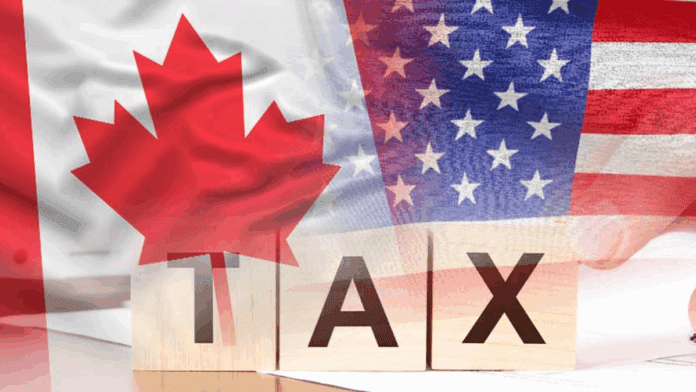Canada Backs Down on Big Tech Tax
Canada has cancelled its planned digital services tax just hours before it was set to begin. The tax was aimed at large American technology companies such as Amazon, Apple, Google, and Meta. It would have charged a 3% fee on revenue earned in Canada above $20 million.
The digital services tax (DST) was first introduced in 2020. The goal was to make sure tech giants paid a fair share of taxes for doing business in Canada, especially since many report profits in lower-tax countries. According to estimates, the tax would have cost US companies more than $2 billion every year.
Finance Minister François-Philippe Champagne released a statement confirming the cancellation. He explained that while the tax was created to address unfair gaps in digital taxation, Canada prefers a global approach through international agreements.
This sudden reversal came just before the DST was set to take effect on Monday. It marks a major shift in Canada’s approach to taxing online platforms and opens the door for renewed trade talks with the United States.
????️???? Trump Torpedoes Canada Trade Pact Over Digital Services Tax in Stunning Turnaround
Trump Reacts, Cancels Talks, Then Canada Responds
The decision to withdraw the tax followed strong criticism from US President Donald Trump. On Friday, Trump abruptly ended ongoing trade negotiations, calling Canada’s tax a “blatant attack” on US companies. He also warned of potential tariffs on Canadian exports if the tax went ahead.
Trump, now in his second term, has built close ties with leaders of major tech firms and has consistently pushed back against digital taxes from allies. He called Canada’s move “egregious” and highlighted the imbalance in trade power, noting that three-quarters of Canada’s exports go to the US, while Canada takes in only a small share of US goods.
Faced with mounting pressure, Canada backed down. Officials said the tax was being scrapped in order to reopen the trade talks, which had stalled suddenly. Both countries are now aiming to finalize new trade terms by July 21.
The financial and political stakes are high. Canada’s exports to the US are worth over $400 billion each year. A disruption in trade would have deep consequences for Canada’s economy and jobs.
Political Shifts Shape Canada’s Decision
The escalating tension over the tax has reshaped Canada’s political landscape in recent months. After taking office, Trump made strong statements against Canada, even suggesting drastic actions like new tariffs and territorial claims. These threats triggered national concern and contributed to a political shift.
Former central banker Mark Carney and his Liberal Party returned to power in Canada following the turmoil. The party promised to restore calm relations with the United States and focus on stable trade. Dropping the DST appears to be part of that effort.
Though the tax had wide public support as a way to hold tech companies accountable, the need to protect Canada’s economic ties with its largest trading partner took priority.
Many other countries, including the United Kingdom, are exploring similar digital taxes. The issue remains a global one, as tech companies continue to earn billions across borders while avoiding high tax payments.
For now, Canada has stepped away from going it alone and chosen to protect its trade relationship with the United States. With the digital services tax cancelled, the path is clearer for both nations to return to the negotiating table.


